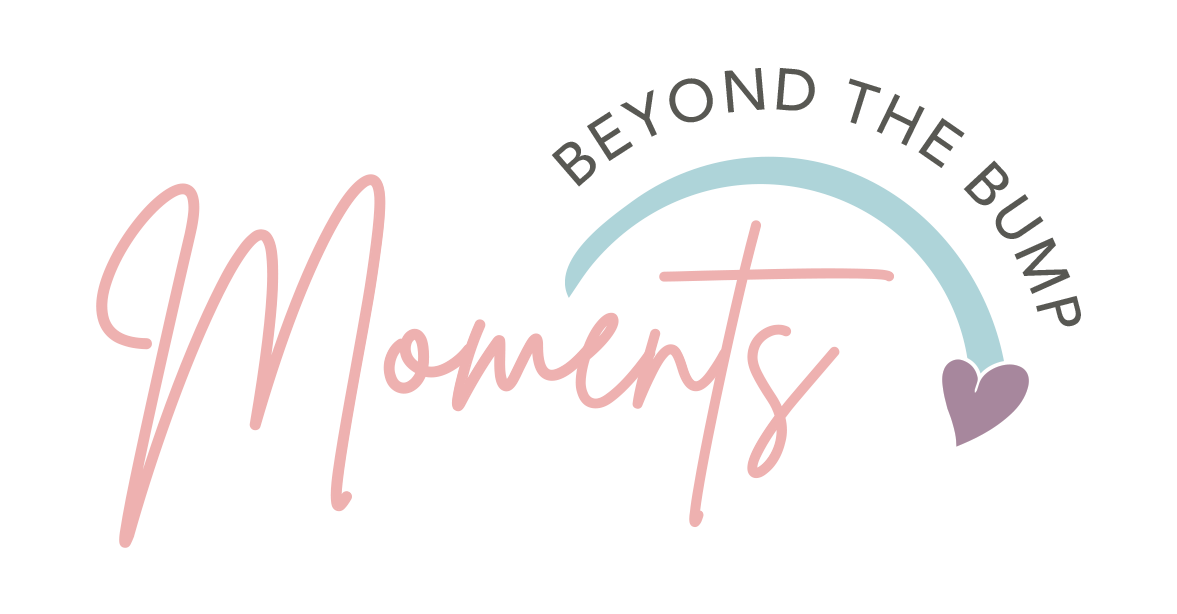10 Tips for Avoiding Mastitis
Mastitis is a common condition that breastfeeding mothers may experience, causing breast inflammation and infection. It can be incredibly painful and frustrating, making it essential to take steps to prevent it.
Here are ten tips to help you avoid mastitis and maintain a healthy breastfeeding journey:
1. Establish a good latch: Ensuring a proper latch is crucial for effective milk transfer and preventing milk duct blockages. Seek guidance from a lactation consultant if needed, as a correct latch reduces the chances of developing mastitis.
2. Feed on demand: Breastfeed frequently and on demand, as emptying your breasts regularly helps prevent engorgement and blocked ducts. Avoid skipping or delaying feeds whenever possible.
3. Empty both breasts: Ensure both breasts are emptied during each feeding session. Start with the breast your baby last nursed on and switch sides when they are done, allowing for complete drainage.
4. Avoid tight clothing and bras: Wearing tight clothing or bras with underwire can compress milk ducts, leading to decreased milk flow and potential blockages. Opt for well-fitting, supportive, and breathable nursing bras instead.
5. Monitor your milk supply: Oversupply or undersupply of milk can contribute to mastitis. Find a balance by monitoring your baby's feeding patterns, evaluating your milk production, and adjusting breastfeeding techniques as necessary.
6. Practice proper hygiene: Wash your hands thoroughly before each breastfeeding session to minimize the risk of introducing bacteria. Keep your nipples clean, dry, and free from irritants, such as harsh soaps or lotions.
7. Alternate breastfeeding positions: Regularly switch positions while breastfeeding to ensure the complete emptying of different milk ducts. Explore various holds and techniques that work best for you and your baby.
8. Take care of yourself: Rest, eat a nutritious diet, and hydrate adequately to support your overall health and milk production. It's important to prioritize self-care, as fatigue and sickness can weaken your body's defenses against mastitis.
9. Avoid sudden weaning: Gradual weaning can help your body adjust to decreasing milk production and reduce the risk of developing mastitis. Abruptly stopping breastfeeding or pumping can cause milk build-up and possible infection.
10. Address breastfeeding challenges promptly: Seek professional help immediately at the first sign of latch difficulties, nipple pain, or engorgement. Prompt
